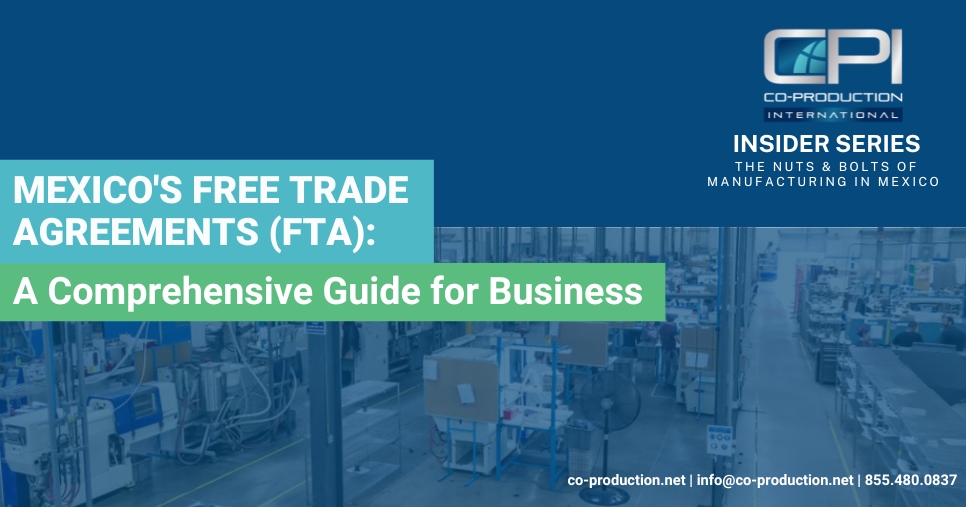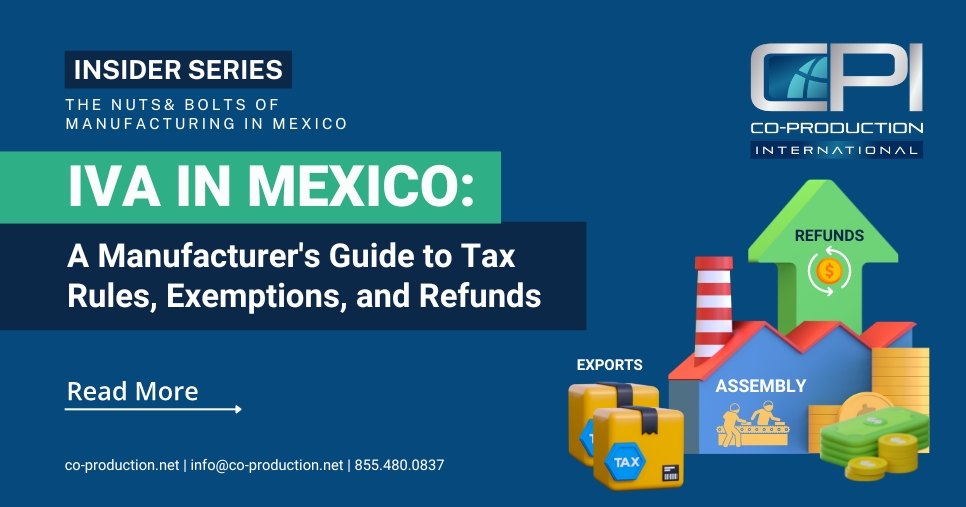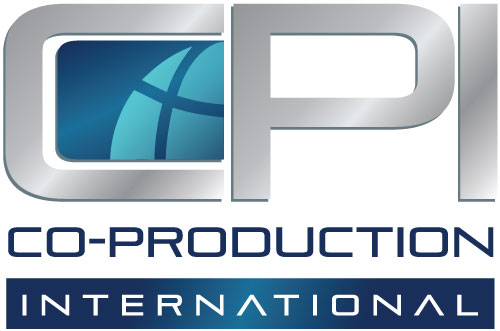Mexico is known for being the second biggest economy in Latin America. Mexico is one of the world's emerging markets thanks to the government of Mexico's stable and sustainable economic policies.
Mexico has one of the most liberal trade policies in the world as a result of its increased commitment to free trade agreements during the 1990s.
Free trade agreements (FTAs) are deals between countries that aim to remove barriers to trade and investment. These agreements are outlined by the World Trade Organization (WTO).
The purpose of FTAs is to strengthen economic and trade ties. FTAs create opportunities for both large and small firms by boosting economic activity and job creation in member nations.
Mexico has entered into several free trade agreements with various countries and regions. The free trade agreements involving the country are:
Mexican trades agreements in North America
United States–Mexico–Canada (USMCA)
The United States-Mexico-Canada Agreement, also known as the USMCA, is a trade deal between the three nations which was signed on November 2018. The USMCA seeks to support mutually beneficial trade, open freer markets, and promote economic expansion.
Before that it was known as North American Free Trade Agreement (NAFTA).
Mexican trades agreements in South America
Pacific Alliance
The Pacific Alliance is an initiative of regional integration comprised by Chile, Colombia, Mexico, and Peru, officially established in April 2011. Its goals are to improve the financial stability, development, and productivity, reducing economic inequality, and promoting social inclusion for its citizens.
Mexico-Colombia
Negotiations for the Group of Three (G-3) Agreement took place between Mexico, Colombia, and Venezuela. The decision to discuss a free trade deal was made during the Contadora peace process. It was announced at a conference in February 1999.
The conference was attended by Central American countries and members of the European Economic Community.
Mexico-Chile
The FTA between Chile and Mexico entered into force in 1999. The trade covers all topics related to international trade and Foreign Direct Investment (FDI). The main objective of the Mexico-Chile trade agreement is to set up a free trade area.
Mexico-Peru
Mexico and Peru signed a trade agreement in April 2011. The purpose of the agreement was to improve Mexico's integration with Latin America and diversify its exports. The signing took place in Peru.
Mexico-Uruguay
In July 2004, the Free Trade Agreement (FTA) between Mexico and Uruguay became effective. Due to the fact that it is the only FTA between Mexico and a MERCOSUR member, the trade relationship is important for Mexico's posture.
Mexican trades agreements in Central America
Central America-Mexico
Mexico, Costa Rica, El Salvador, Guatemala, Honduras, and Nicaragua agreed on a plan for the convergence of their free trade agreements. Moreover, the Central American governments engaged to start negotiations to create a single regional agreement with Mexico. The countries decided to:
- To reach a better balance in their trade relations, through clear and beneficial rules for their commercial exchange.
- They suggest a larger and safer market for products and services made in their own areas. This should take into account the differences in their development and economy sizes.
- Contribute to the competing of the service sector by creating business opportunities in the free trade zone.
Mexico-Panama
The Mexico-Panama Free Trade Agreement will create a major trade route and boost the economies of both countries. They will become important centers for producing and exporting goods and services to the Americas and beyond.
Mexican trades agreements in Europe
European Free Trade Association (EFTA)
Switzerland, Liechtenstein, Norway, and Iceland are members of the European Free Trade Association (EFTA), a global organization. It was established in 1960 for the purpose of promoting free trade and economic integration between its members.
The EFTA States and Mexico signed a free trade agreement in November 2000 in Mexico City. The Agreement became operative in July 2001.
European Union-Mexico
The EU-Mexico Global Agreement is a trade deal that governs trade relations between the EU and Mexico. It is part of a larger accord signed in 2000.
The initial accord provided the EU and Mexico with substantial commercial benefits. The new deal will eliminate high Mexican taxes on European food and drinks. It will also boost EU service exports to Mexico. Additionally, it will protect workers' rights and the environment.
Mexican trades agreements in Asia
Comprehensive and Progressive Agreement for Trans-Pacific Partnership (CPTPP)
The goal of the negotiating process is to create a platform for economic integration across the Asia Pacific regions:
- Enhances market access by removing or reducing tariff barriers in six new markets and expanding the advantages we already enjoy in five nations with which we have signed deals.
- Encourages creativity, productivity, and competition.
- Trade that includes all participants, including all stages of development and companies of all sizes can benefit from the deal.
- Helps to promote productive connections and the eventual merger of other economies.
Mexico-Japan
Mexico and Japan signed the Economic Partnership Agreement (EPA) in September 2004. The agreement aimed to expand market opportunities and promote economic development. It became effective in 2005.
The following are some of the main outcomes of the Mexico-Japan EPA:
- Agriculture: To increase opportunities for Mexican agriculture, market access is increased for some agricultural products of significant relevance to Mexico.
- Industrial goods: give access to high-quality inputs at low costs and increase industry competing.
- Customs procedures: it was decided to simplify the certification of origin of goods by using an Authorized Export System.
Mexico-Israel
In July 2000, the Free Trade Agreement (FTA) between Mexico and Israel entered into force.
The FTA aims to establish a Free Trade Zone. This zone will enhance trade and the economy by reducing taxes and limitations on imports from both countries.
The benefits of the trade agreements in Mexico
These agreements allowed Mexican exporters to reach more clients and sell more products in different markets. By attracting foreign investment, these agreements have contributed to economic growth, job creation, and the development of industries within the country.
As Mexico continues to forge new trade relationships and strengthen existing agreements, the country can be seen as a global potential economy.





.png)






